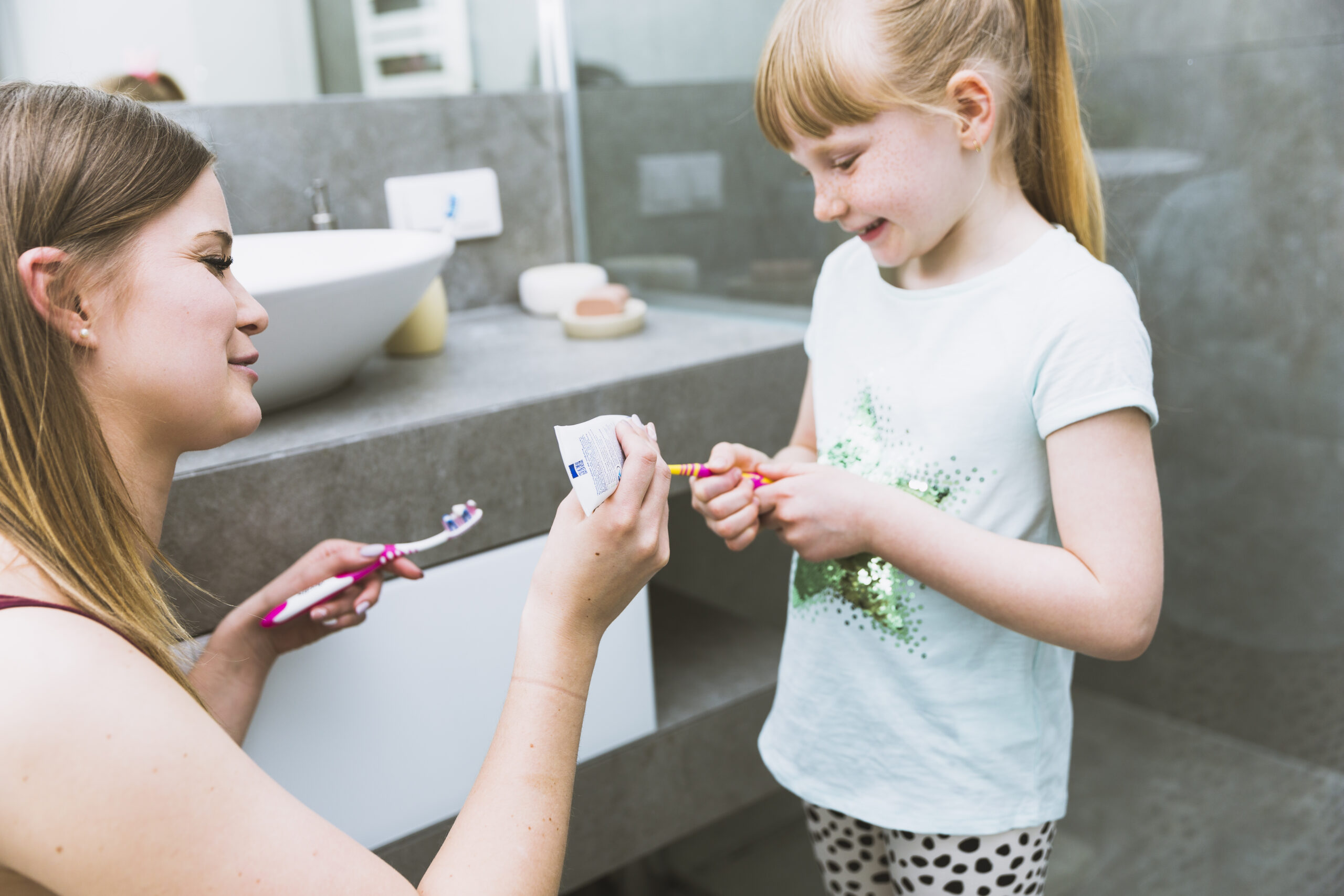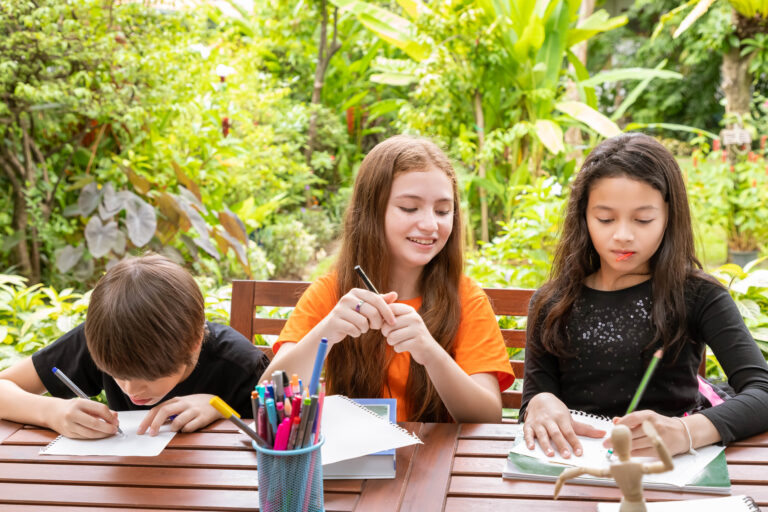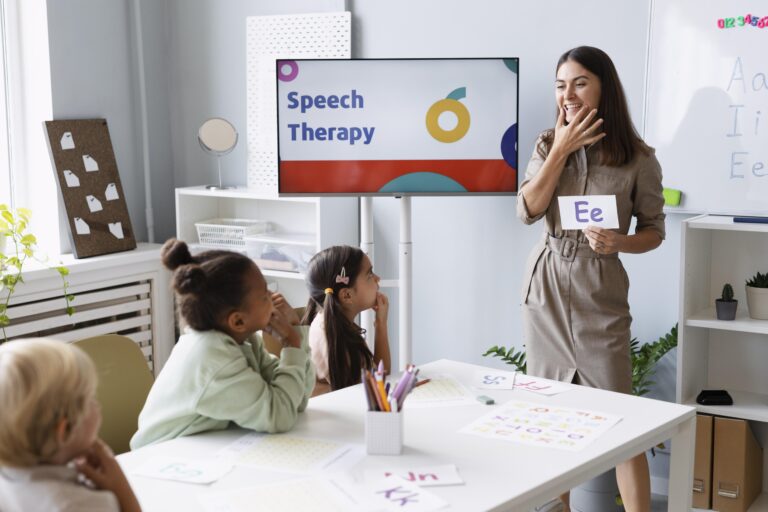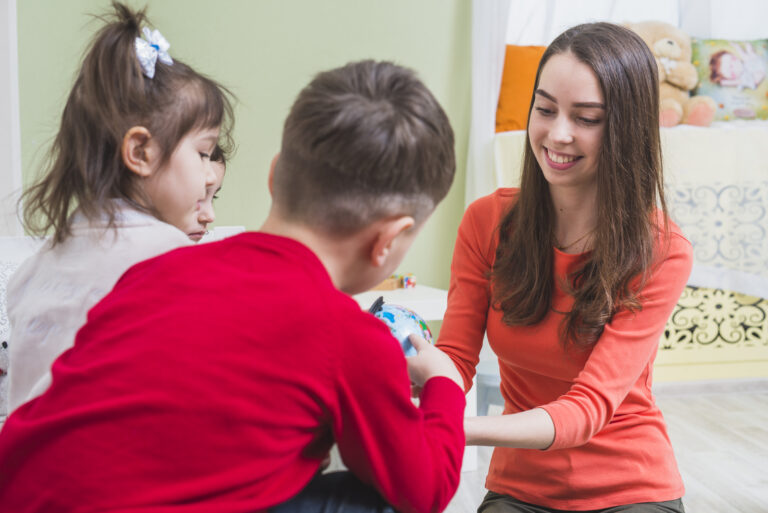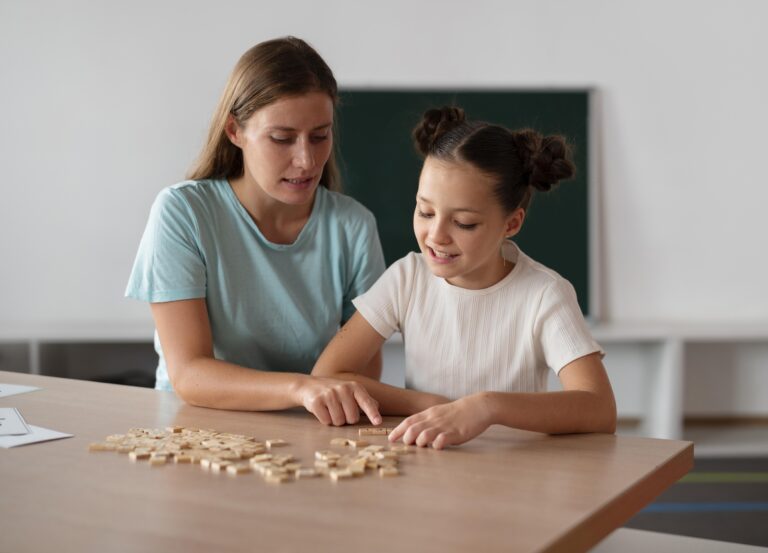Fostering Independence: Promoting Life Skills for Children with Special Needs
In the journey of raising and educating children with special needs, one of the most crucial aspects is empowering them with the skills necessary for independent living. Life skills are the building blocks that enable individuals to navigate daily challenges, make informed decisions, and lead fulfilling lives. For children with special needs, mastering these skills can be particularly transformative, boosting their confidence and paving the way for greater autonomy.
The Importance of Life Skills
Life skills encompass a wide range of abilities that are essential for daily functioning and personal growth. These skills go beyond academic knowledge, focusing on practical aspects of life that contribute to independence and self-reliance. For children with special needs, acquiring these skills can be a game-changer, opening up new possibilities and reducing reliance on constant support.
Building Confidence and Self-Esteem
One of the most significant benefits of teaching life skills to children with special needs is the boost in confidence and self-esteem it provides. As children master tasks like cooking a simple meal, maintaining personal hygiene, or organizing their belongings, they experience a sense of accomplishment. This success builds their belief in their own abilities and encourages them to take on new challenges.
Promoting Independence
The ultimate goal of teaching life skills is to foster independence. By equipping children with the tools to handle daily tasks, we prepare them for a future where they can live more autonomously. This independence not only improves their quality of life but also reduces the burden on caregivers and family members.
Enhancing Social Integration
Many life skills have a social component, such as communication, decision-making, and problem-solving. By developing these skills, children with special needs can better integrate into their communities, form relationships, and participate more fully in social activities.
Key Life Skills to Focus On
While the specific skills needed may vary depending on the individual child’s needs and abilities, there are several core areas that are universally beneficial:
Cooking and Nutrition
Teaching cooking skills to children with special needs goes beyond just preparing meals. It encompasses a range of valuable lessons and benefits:
- Safety Awareness: Learning to use kitchen appliances safely and understanding food hygiene are crucial life lessons.
- Following Instructions: Cooking requires following recipes and instructions, which helps in developing attention to detail and sequential thinking.
- Math Skills: Measuring ingredients and adjusting recipes can reinforce mathematical concepts in a practical setting.
- Fine Motor Skills: Chopping, stirring, and handling utensils can improve fine motor coordination.
- Nutrition Education: Understanding balanced meals and healthy food choices promotes better overall health.
- Sensory Exploration: Cooking engages multiple senses, which can be particularly beneficial for children with sensory processing challenges.
The connection between autism and nutrition plays a crucial role in developing healthy habits and life skills. To introduce cooking skills, start with simple recipes and gradually increase complexity. Use visual aids, such as picture-based recipes, to make instructions clearer and more engaging. Adaptive kitchen tools can also make the process more accessible for children with physical limitations, ensuring they gain confidence and independence in the kitchen while learning the importance of balanced nutrition.
Self-care and Personal Hygiene
Self-care skills are fundamental for independence and social integration. These include:
- Grooming: Teaching proper techniques for brushing teeth, combing hair, and maintaining cleanliness.
- Dressing: Practicing buttoning, zipping, and selecting appropriate clothing for different weather conditions.
- Toileting: Developing routines and techniques for independent bathroom use.
- Medication Management: For older children, understanding their medications and how to take them safely.
When teaching these skills, break them down into smaller, manageable steps. Use visual schedules and social stories to reinforce the importance and sequence of self-care tasks.
Organization and Time Management
Organizational skills are crucial for success in school, work, and daily life. Focus on:
- Keeping a Tidy Space: Teaching children to clean up after activities and maintain an organized living area.
- Using Calendars and Planners: Introducing tools to track appointments, homework, and daily routines.
- Time Awareness: Helping children understand the concept of time and manage it effectively.
- Task Prioritization: Teaching how to identify important tasks and complete them in a timely manner.
Visual aids, color-coding systems, and digital tools can be particularly helpful in developing these skills.
Strategies for Teaching Life Skills
Effective teaching of life skills requires patience, consistency, and tailored approaches. Here are some strategies to consider:
Task Analysis and Breakdown
Complex tasks can be overwhelming for children with special needs. Break down each skill into smaller, manageable steps. This approach, known as task analysis, makes learning less daunting and allows for celebrating small victories along the way.
Visual Supports
Many children with special needs are visual learners. Utilize visual aids such as picture schedules, instructional videos, and visual recipes to reinforce learning. These supports can help children understand and remember the steps involved in various tasks.
Hands-On Learning
Practical, hands-on experiences are often more effective than theoretical instruction. Create opportunities for children to practice skills in real-life settings. For instance, involve them in grocery shopping, meal preparation, or household chores.
Positive Reinforcement
Celebrate successes, no matter how small. Positive reinforcement encourages children to continue practicing and mastering new skills. Use verbal praise, reward systems, or special privileges to acknowledge their efforts and achievements.
Consistency Across Settings
Ensure that life skills are practiced consistently across different environments – at home, in school, and in the community. Collaborate with teachers, therapists, and family members to reinforce the same skills and use similar teaching methods.
Adaptive Tools and Technology
Leverage adaptive tools and assistive technology to make tasks more accessible. This might include specialized kitchen utensils, dressing aids, or apps that help with organization and time management.
Peer Modeling
When possible, create opportunities for children to learn from their peers. Peer modeling can be a powerful tool, especially for social skills and daily living activities.
Overcoming Challenges
Teaching life skills to children with special needs is not without its challenges. Here are some common obstacles and strategies to overcome them:
Sensory Sensitivities
Many children with special needs have sensory processing issues that can make certain tasks challenging. For instance, food textures might be overwhelming in cooking activities, or certain fabrics might be uncomfortable in dressing tasks. Work with occupational therapists to develop strategies for managing sensory sensitivities and gradually exposing children to different sensory experiences.
Motor Skill Limitations
Fine and gross motor skill challenges can make many life skills difficult. Adapt tasks to the child’s abilities and use specialized tools when necessary. Occupational and physical therapy can also help in developing the required motor skills.
Attention and Focus Issues
Many children with special needs struggle with maintaining attention. Break tasks into shorter sessions, use timers to structure activities and incorporate movement breaks to help maintain focus.
Communication Barriers
For children with communication difficulties, use alternative communication methods such as picture exchange systems or assistive technology to facilitate understanding and expression during life skills training.
The Role of Parents and Caregivers
Parents and caregivers play a crucial role in fostering independence through life skills development:
- Be Patient: Learning takes time, especially for children with special needs. Celebrate small progress and maintain a positive attitude.
- Provide Opportunities: Create regular opportunities for children to practice life skills in safe, supportive environments.
- Model Skills: Demonstrate the skills you’re teaching and involve children in your daily activities.
- Collaborate with Professionals: Work closely with teachers, therapists, and other professionals to ensure a consistent approach to life skills development.
- Encourage Problem-Solving: Allow children to attempt tasks independently before offering help. Encourage them to find solutions to challenges they encounter14.
Conclusion
Teaching life skills to children with special needs is a journey that requires patience, creativity, and persistence. By focusing on essential skills like cooking, self-care, and organization, we can significantly enhance their independence and confidence. Remember that each child’s path to independence will be unique, and progress may come in small increments. Celebrate every achievement, no matter how small, and continue to provide opportunities for growth and learning.
As we foster these skills, we’re not just teaching tasks; we’re empowering children with special needs to lead more fulfilling, independent lives. Searching for a neurodiverse school near me can help families find the right environment to nurture these essential abilities. The confidence and capabilities children develop through mastering life skills will serve them well into adulthood, opening doors to greater opportunities and a richer, more autonomous life experience.
By investing time and effort in teaching these crucial life skills, we’re laying the foundation for a future where children with special needs can thrive, contribute to their communities, and lead lives filled with purpose and independence. It’s a challenging but immensely rewarding journey that transforms not just the lives of the children, but also those of their families and communities.
